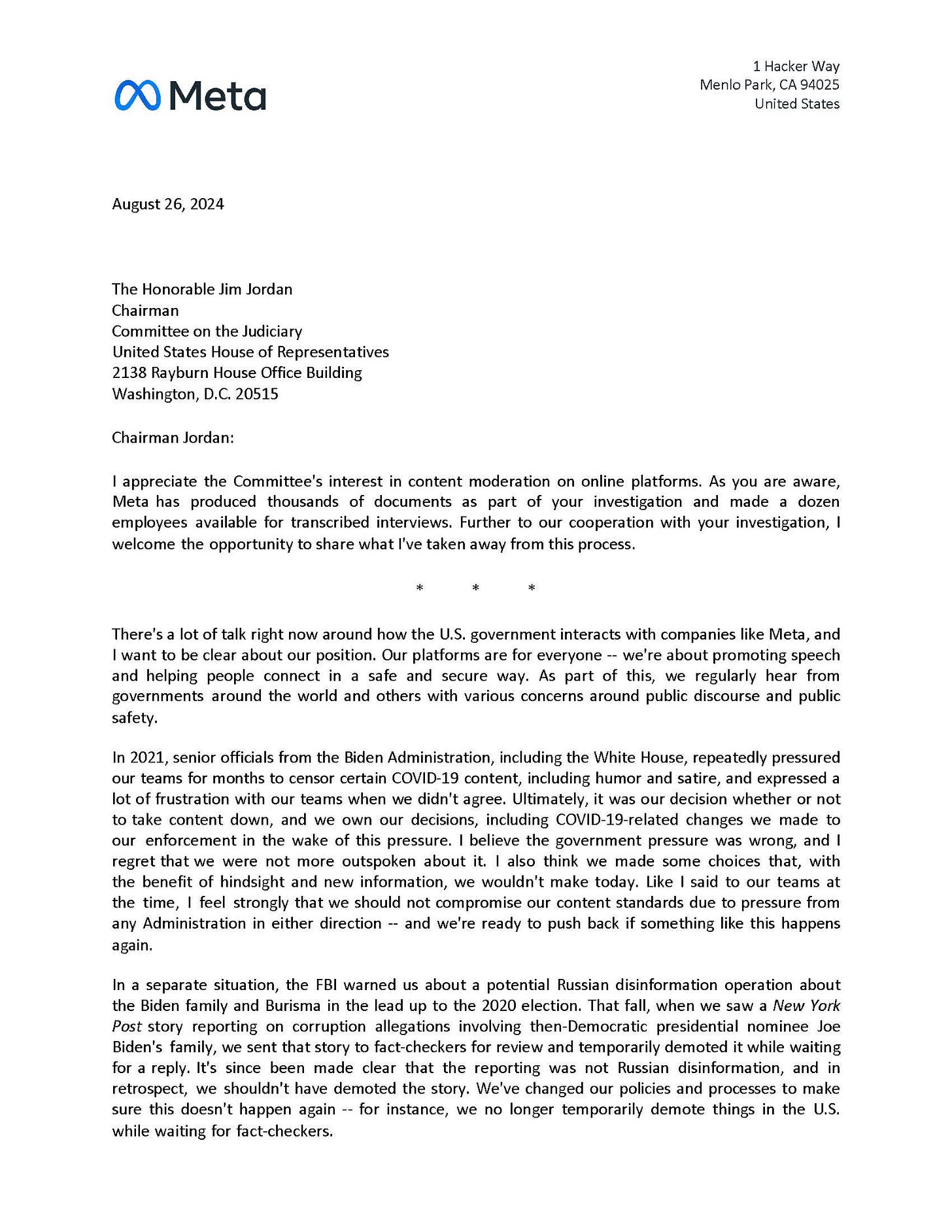Democrats’ Shift Left Drives Prominent Members Away from Party
The Exodus from the Democratic Party: A Shift Away from Core Principles
In recent years, a significant trend has emerged in American politics: prominent Democrats are increasingly distancing themselves from the party they once loved. This shift is happening as the Democratic Party changes its core principles. As the party redefines its identity, the departure of these key figures shows how the world is also changing. While Democrats used to be anti-war, those in office consistently joined with the Republicans in dramatically increasing our military budget and continually voting for more war and conflicts around the world — keeping the military-industrial complex alive and well. The Democratic Party used to be a stalwart of free speech; now, they strongly advocate for censorship and penalizing social media outlets that allow posts they disagree with. Mark Zuckerburg recently confirmed what we already knew.
The Democratic Party, which was once celebrated for its advocacy of civil rights against war, economic equality, free speech, and social justice, has undergone a serious transformation. Historically known for its pragmatic liberalism, the party increasingly embraces a far, far-left agenda. This shift has been marked by a heightened focus on identity politics, climate change, and expansive social reforms, often at the expense of its traditional Democratic values. This evolution has led to a fracture within the party, driving some of its most influential members to reconsider their affiliation.
Several prominent figures have left the Democratic Party or expressed deep dissatisfaction with its direction. Their departures highlight a significant shift in the party’s core values and reflect broader discontent among moderates and centrists.
Robert F. Kennedy Jr.: A notable environmental lawyer and political figure, Kennedy has long been associated with the Democratic Party. However, his recent departure reflects growing frustration with what he perceives as the party’s deviation from its core principles, particularly on civil liberties and environmental policy issues. Kennedy’s departure underscores concerns about the party’s increasing alignment with progressive agendas, which he feels undermine traditional Democratic values.
Andrew Yang: An entrepreneur and former Democratic presidential candidate, Yang has been critical of the party’s shift towards extreme progressive positions. His departure from the party and the formation of the Forward Party represent a desire to promote a centrist, pragmatic approach to governance that he believes has been sidelined by the Democratic Party’s current trajectory.
Tulsi Gabbard: A former U.S. Representative from Hawaii and 2020 Democratic presidential candidate, Gabbard has been outspoken about her dissatisfaction with the party. She argues that the Democratic Party has become increasingly divisive and disconnected from the needs of everyday Americans, particularly regarding foreign policy and civil liberties.
Alan Dershowitz: The renowned constitutional law scholar and Harvard Law School professor has publicly criticized the Democratic Party for handling civil liberties and free speech issues. Dershowitz’s departure from the party highlights concerns about its increasingly illiberal stance on matters of free expression and due process.
5. John S. Rogers: A former state legislator and a prominent figure within Democratic circles, Rogers has expressed frustration with the party’s drift away from moderate and pragmatic solutions. His departure reflects a broader discontent with the party’s shift towards more radical and less practical policy positions.
The Democratic Party’s shift from its traditional principles to a more progressive stance has been driven by various factors:
Economic Policy: The party’s push for ambitious reforms like Medicare for All and the Green New Deal signifies a move away from the more incremental, pragmatic economic policies historically associated with the party. Critics argue that these proposals may be economically destabilizing and politically divisive.
Social Issues: The new emphasis on identity politics and intersectionality has redefined social justice within the party. While addressing systemic inequalities is crucial, the approach taken by the progressive wing has sometimes created division rather than fostering unity. This shift from focusing on economic and social cohesion towards more niche identity politics has alienated some long-time supporters.
Foreign Policy: The Democratic Party’s move towards a more interventionist and ideological foreign policy has been criticized for deviating from a traditionally pragmatic and diplomacy-focused approach. This shift has led to friction among members who advocate for a balanced and realistic approach to international relations.
The ramifications of these changes are significant. The internal divisions within the Democratic Party have become more pronounced, with moderates and progressives often at odds. This discord has led to legislative gridlock and a lack of cohesive policy proposals, hindering effective governance.
Additionally, the departure of high-profile figures impacts the party’s ability to attract and retain a broad coalition of voters. As the party becomes more associated with progressive policies, it risks alienating moderate voters who feel their concerns are not being addressed.
As the Democratic Party moves further left, it faces critical decisions about its future direction. Balancing its progressive base's desires with its moderate members' values will be crucial for maintaining its electoral competitiveness and effectiveness in governance.
For those concerned about the party’s trajectory, it may be time to reassess their involvement and influence. The current state of the Democratic Party reflects broader trends in American politics and presents an opportunity for reflection on the principles and policies that truly define its identity. In navigating this evolving landscape, the party must address the concerns of its departing members while striving to unify its diverse base and fulfill its historical mission.





